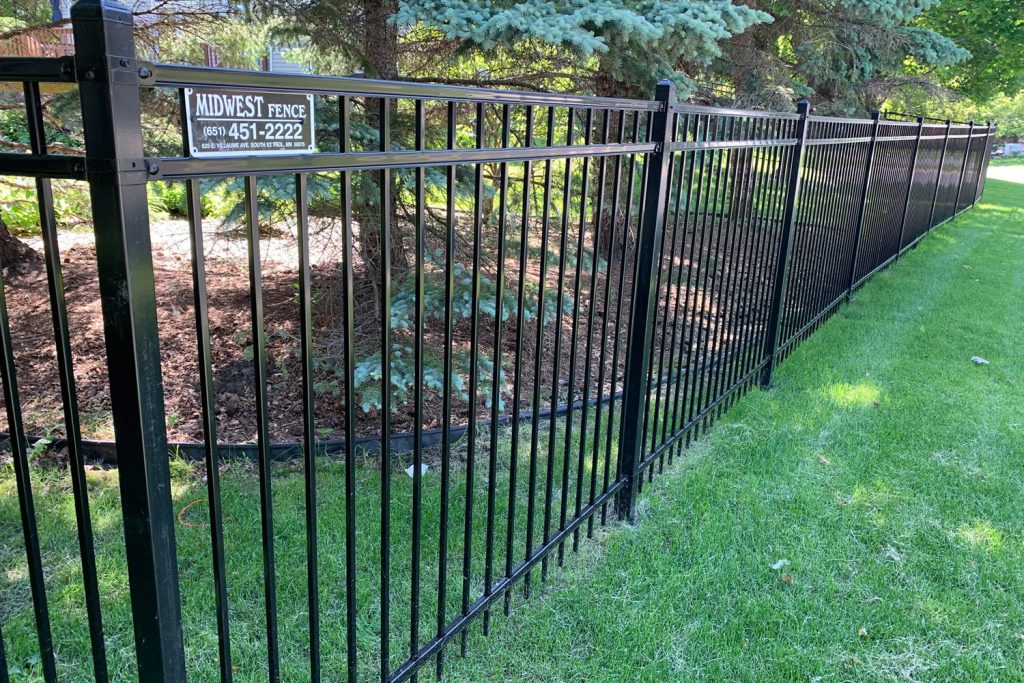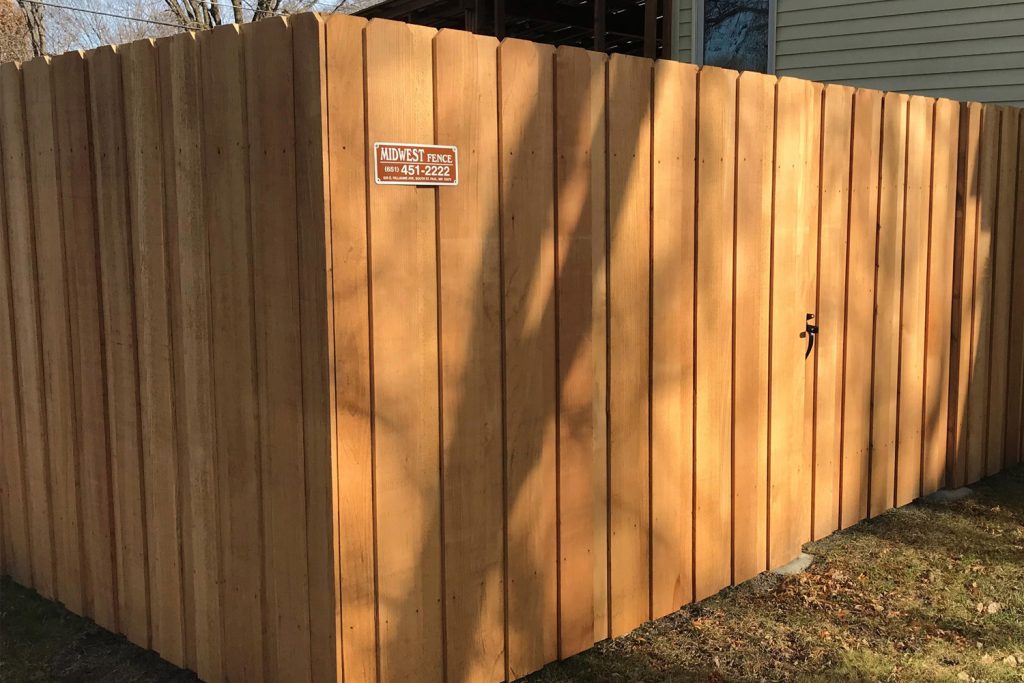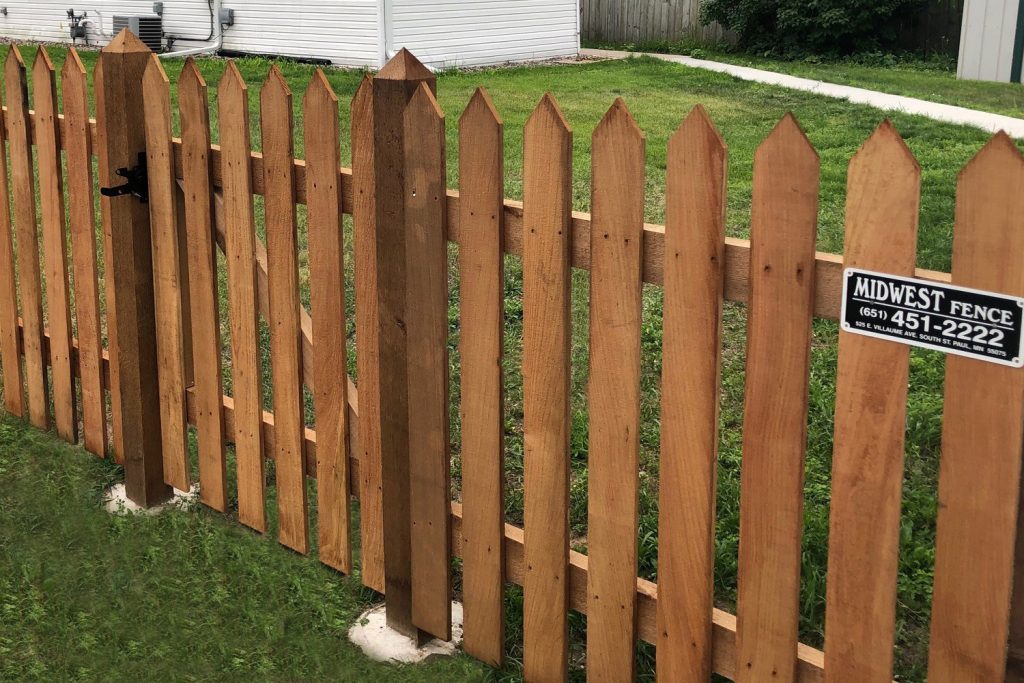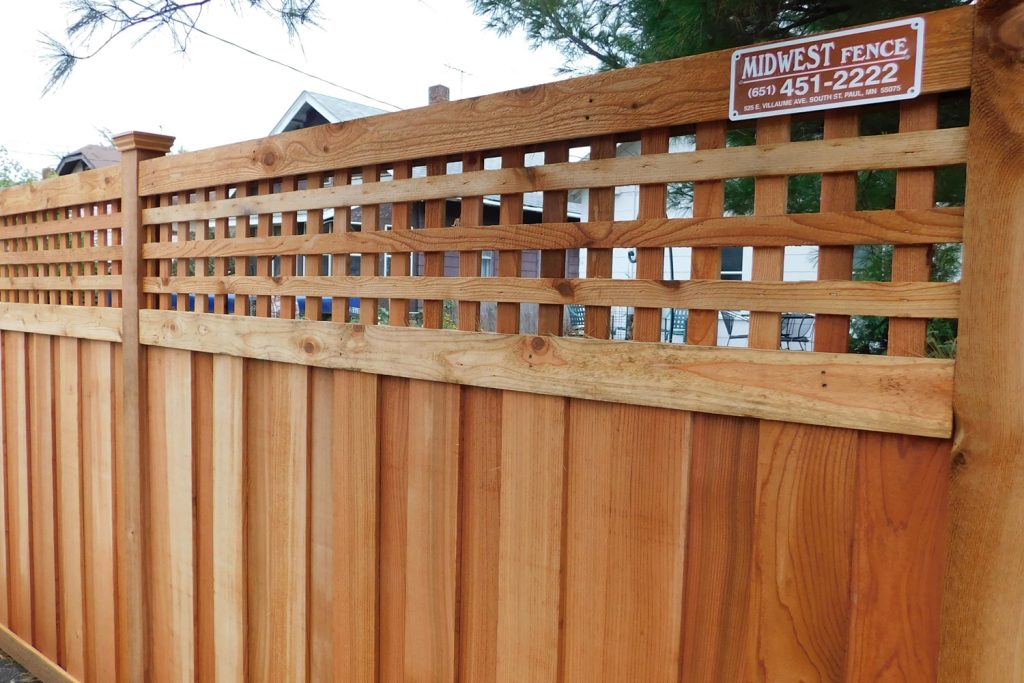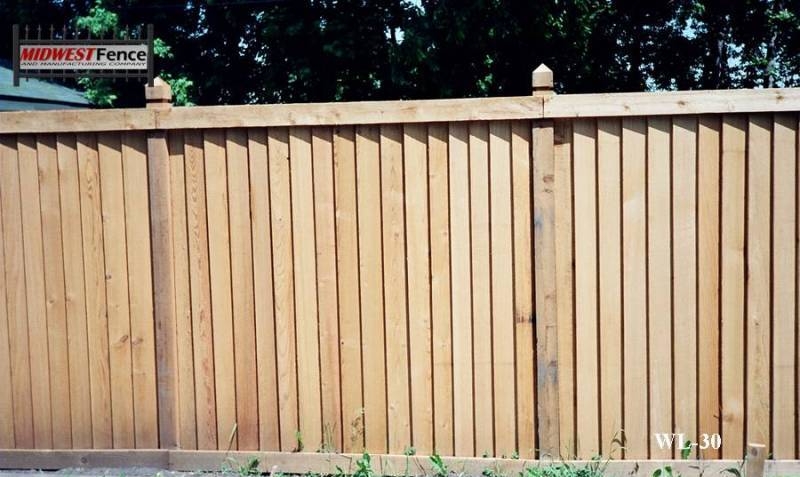Choosing The Right Fence Material – Part Two
Choosing The Right Fence Material — Part Two
In our previous post, we reviewed the reasons most homeowners build a fence and explored some common fence materials. This time, we’ll quickly revisit the reasons for fence installation and examine additional materials you might consider for your fencing project.
Reasons for Building a Fence
Homeowners typically build fences for several key reasons, including:
- Protection – Enhancing security for your home by deterring intruders or wild animals.
- Appearance – Adding an attractive or decorative element to your property.
- Safety – Ensuring pets and children stay contained within a secure area.
- Privacy – Shielding your yard from prying eyes.
- Legal Requirements – Complying with local codes, such as those requiring fences around pools.
- Boundary Marking – Clearly defining property lines.
Understanding why you need a fence can help you choose the best material. In our previous post, we discussed chain link, wood, and PVC (vinyl) fences. Now, let’s look at other options:
Composite Fencing
Composite fencing is a relatively new material made from recycled wood fibers and plastic resins, marketed under brand names like Trex Fencing. Known as ‘engineered wood,’ composite materials have been used in decks and outdoor structures for over a decade.
Composite fencing is solid, unlike hollow PVC panels and posts which may be reinforced with aluminum. This material resists insects and rot while remaining low maintenance. It’s a modern solution combining durability with eco-friendliness.
Wrought Iron or Aluminum
One of the oldest fence materials, wrought iron (or modern-day aluminum) is celebrated for its appearance, security, durability, and low maintenance. Traditional designs feature thin, tall bars spaced a few inches apart, connected by rails at the top and bottom.
Ornate decorative accents can be added to create a unique look, with sharp points enhancing security. Wrought iron and aluminum fences are among the most durable, though they do require occasional painting to combat weathering.
Brick
Brick fencing is incredibly strong and durable, outlasting many other materials and weathering the elements exceptionally well. However, it’s also one of the most difficult to install, requiring skills beyond those of most DIY enthusiasts. The cost of materials and labor also makes brick one of the more expensive fence options.
Stone
Similar to brick, stone fences are durable and weather-resistant but difficult to install. The material’s expense and the expertise required for installation make it a less common choice for homeowners. However, when expertly crafted, stone fences offer unparalleled beauty and longevity.
Next Steps
Choosing the right fence material is the first step; installation is the next. While some materials are suitable for DIY projects, professional installation ensures your fence stands sturdy and lasts long.
If you have questions about these or any other fence materials, don’t hesitate to reach out to a professional at Midwest Fence for a free consultation, and they can install for you. Call us at 651-451-2222.


